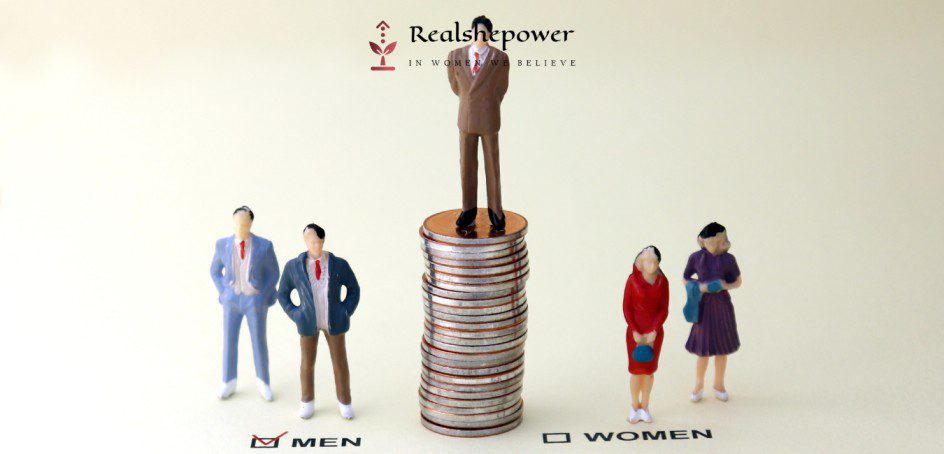Pandemic is a “major step back” in gender equality


A report by the Office for National Statistics (ONS) showed women had been “disproportionately impacted” by repeated lockdowns.
Women were more likely to be furloughed, and to spend significantly less time working from home, and more time on unpaid household work and childcare.
Cerys Furlong of gender equality charity Chwarae Teg told BBC that, while the pandemic had affected women differently, the responsibility for homeschooling and caring for or supporting vulnerable relatives had “primarily fallen on women”.
“For those who’ve continued working and juggling the stress of work and extra caring responsibilities, there’s a mental health and wellbeing toll,” she said.
“There’s a real risk we are going backwards from the progress that was made – there’s a risk that women will be the last back to the workplace and perhaps overlooked for longer for progression, career development and promotion.”
A recent report by the Senedd’s economy, infrastructure and skills committee highlighted concerns that recovery funding was being “directed towards male-dominated industries“.
Dr Alison Parken, of Cardiff University, told the committee women were likely to miss out on investment due to funding going to construction, manufacturing and engineering sectors.
Concerns have repeatedly been raised by representatives from industries that employ large numbers of women, including care, retail, hair and beauty, and the wedding sector, about a lack of funding.
The cross-party committee said it was worried the distribution of funding could have a negative impact on the career prospects of women and girls.
At the end of January, 92,500 women were furloughed in Wales, the equivalent of 52% of jobs, taking home reduced pay, according to official statistics.
This is higher than the last recession when between 30-35% of those made redundant were women, according to ONS figures.
Future generations commissioner Sophie Howe, who has been working from home and home-schooling, said more had to be done to stop a “two-tier” workforce from being created if carers and parents were not helped to return to offices.
Ruth Jane
